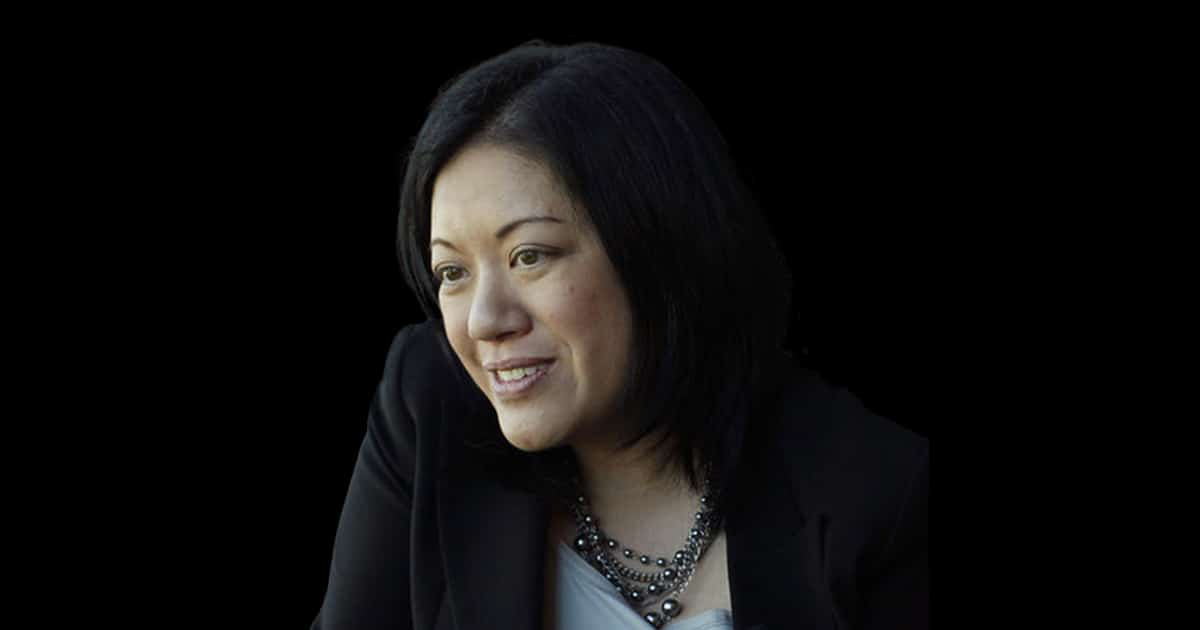How Leaders Thrive During Disruption: A Conversation with Charlene Li

Charlene Li is an expert on digital transformation, leadership, and the future of work. She is the author of six books, including the New York Times best-seller, Open Leadership.
Q: Your most recent book is the Disruption Mindset, which, coincidentally, came out in the fall of 2019 – right before our lives were massively disrupted by COVID. But as you point out, the word “disruption” is often misused, and I’ve probably just done so. So, can you start by explaining what you mean by disruption?
Disruption is when your status quo is torn apart, and you don’t know where you’ll end up yet. It could be any circumstance. Whatever world worked for you before doesn’t work that way anymore. Until the new status quo gets established, you’re going to get disrupted.
Q: The subtitle of your book is Why Some Organizations Transform While Others Fail—which suggests that the disruption mindset is critical to sustained success, perhaps, especially through times of change. Do I have that right?
Yes, and it has everything to do with how you think about disruption. If you think about it as an opportunity for change, then when you see disruption happening, you run towards it. If you see disruption as a negative force to be avoided, you run in the other direction. The people who did really well through the disruption of the pandemic are the ones who ran toward it.
Q: We definitely witnessed a lot of innovation. But making these big changes also involves an emotional experience, doesn’t it?
It’s very emotional. When you feel disrupted, and your status quo is taken away, everyone else around you may feel calm and happy about the situation, but you may feel this is a mess. So Brené Brown would say: Well, do you talk about that? Organizations that thrive during disruption put ‘all their messy’ on the table. They’ve been completely honest with each other about what they’re afraid of or what they’re excited about. They are comfortable being uncomfortable with uncertainty. They’re comfortable being vulnerable.
Q: I hear something hopeful in that—that maybe we’ve been forced to get to know each other a bit better. Do you think that can help prepare us for future change?
What prepares people for future change is change. If you’ve gone through a change, you’ll get more confident that you’ll be able to get through future change no matter what the outcome is. Confidence doesn’t come from knowing you’ll be successful. It comes from knowing you’ll be OK. The difference between anxiety and excitement is that confidence you’ll be OK. I look at people who thrive with disruption, truly thrive with it; they are the ones you’ve been through it over and over again and know they’re going to be OK. But I can’t stress enough how important it is to have that space to make mistakes, to be uncertain, to know that things can go wrong and you’re going to be OK. You’re not so fragile that you can’t afford anything to change beyond your expectations.
Q: Critical to your work is helping people think about the future, which is a massive, complicated topic. So, it’s kind of silly for me to ask you to share a couple of strategies, but can you share a couple of strategies?
It’s hard to see the future when the present is so much in mind. So, what I say is let’s let go of the present. Let’s take a journey into the future and explore what that would be with an open heart, open mind. One of the best ways is to look at potential future customers. I encourage people to look at customers on the fringe, the ones who complain to you all the time. You may tend to dismiss them as cranky. But what if you could do what they wanted you to do? Does that represent a new market?
Q: What about the personal experience of leaders envisioning the future?
This comes back to what is your purpose, mission, values, beliefs about what you would like the world to look like—and, frankly, about how you want to be? As a leader, you have to know who you are and what your identity is going to be before you can actually be it.
One important question for leaders is: What is your relationship to failure? Disruptive organizations look at failure in a very different way than non-destructive ones. There’s the famous saying “Fail fast and fail smart” from Google. But that’s not what they do. Failure is not in their vocabulary. It’s not that they don’t think that they ever fail. They just say: Hey, we didn’t hit our goal. That’s a data point that tells us what we have to do. They see it as a step toward success. It takes all the judgment away because judgment doesn’t serve you at all.
Q: Finally, what advice do you have for leaders who want a create a team that is prepared for the inevitability of more disruption?
When we survey leaders, they say the past two years were really disruptive, but the next two years are going to be even more disruptive. Their sense is that during the pandemic, it was a huge change, but at least everything just stopped. Now, everybody is energized, and the pace of change is accelerating fast.
So, to prepare for the future, I’m a big believer in putting good structures, processes, governance, decision-making, and information flows in place. Because once those things are there, you don’t have to deal with them anymore. And if they’re wired to support you in making changes—not merely to preserve the status quo—you’ll be prepared to take on any change that comes your way.